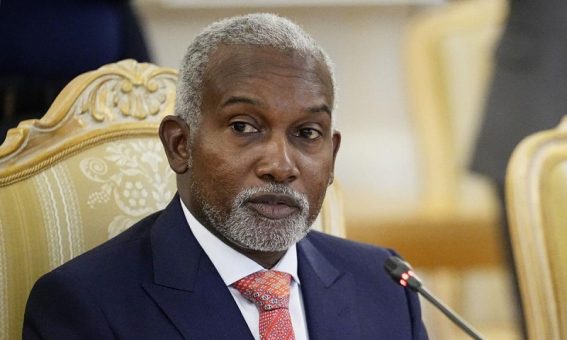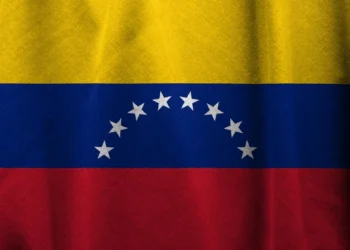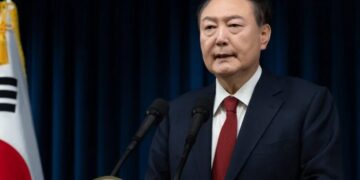Nigeria is facing sharp criticism as Foreign Minister Yusuf Tuggar appeared on an international program to respond to claims that Christians in the country are being systematically attacked. The moment, widely covered and intensely debated, left many observers frustrated, as Tuggar’s handling of the discussion seemed out of touch with the ongoing violence affecting ordinary Nigerians.
Tuggar vs. The Numbers
From the start, Tuggar was on the defensive. He disputed the statistics cited by host Piers Morgan and former Canadian MP Goldie Ghamari, who claimed tens of thousands of Christians had been killed and thousands of churches destroyed. Tuggar insisted these figures were inflated and that the Nigerian government treats victims equally, regardless of religion. Yet, watching him argue while the country struggles with real security threats was frustrating. Many observers feel he lost sight of the bigger picture.

Why Timing Matters
It was not just what Tuggar said, but when he said it. Nigeria is grappling with ongoing attacks and insecurity, and instead of focusing on solutions or requesting international assistance, Tuggar chose to debate numbers with a former politician in Canada. This approach left a lot of people shaking their heads. The government needs help on the ground, yet here was the minister embroiled in a televised argument, giving the impression of distraction and inaction.
International Pressure
Ghamari’s claims tied the violence to jihadist attacks and even linked them to wider Middle Eastern influences, suggesting that Nigeria’s handling of Islamic extremism is deeply flawed. While her analysis may have had exaggerations, it pointed to a genuine concern: Nigeria’s Christians are living under persistent threat. Tuggar’s response—calling her ignorant and accusing outsiders of stoking conflict—felt defensive rather than proactive. It’s one thing to protect national image, another to block assistance when it’s clearly needed.
The Political Backdrop
Trump’s declaration in October naming Nigeria a “country of particular concern” over Christian persecution added fuel to the fire. While the federal government denies any genocide is happening, the denial does not erase public perception or the actual violence affecting communities. Tuggar’s combative stance on international media, rather than calmly presenting facts and requesting help, risks isolating Nigeria further when strategic partnerships are critical.
Public Reaction
On social media and local discussions, many Nigerians expressed disbelief. Many argued that Tuggar’s performance made it look like the government is more concerned about defending itself from criticism than protecting its citizens. “Our people are dying, and he is busy arguing numbers with someone abroad?” one commentator said. This frustration reflects a broader distrust in political communication when citizens feel their safety is at stake.
What Should Happen
Instead of clashing with foreign voices, Nigeria’s leadership should focus on transparent reporting, improved security operations, and clear requests for international support. Addressing concerns about Christian persecution requires action on the ground, not debates in a studio thousands of miles away. The minister’s performance highlights the need for better communication strategy and urgent attention to real threats.
Tuggar’s combative interview may have defended the country’s official position, but it also showed how badly timing and approach matter. In a nation facing real threats, arguing numbers on television is not a strategy, it’s a distraction. Nigerians, both at home and abroad, are left asking whether their leaders are ready to act rather than argue.

















